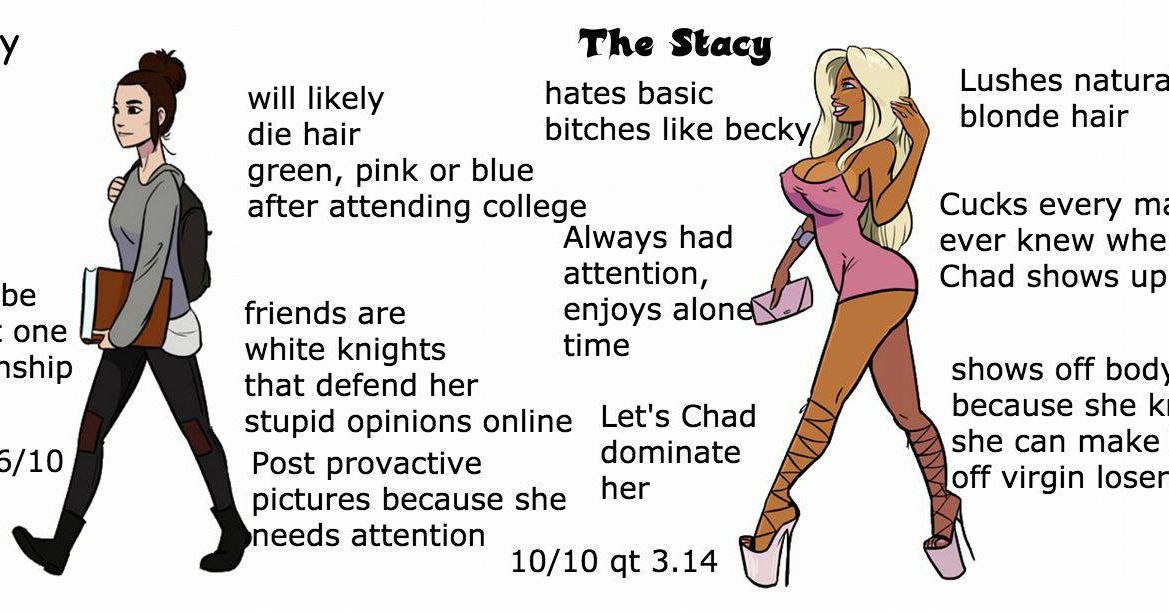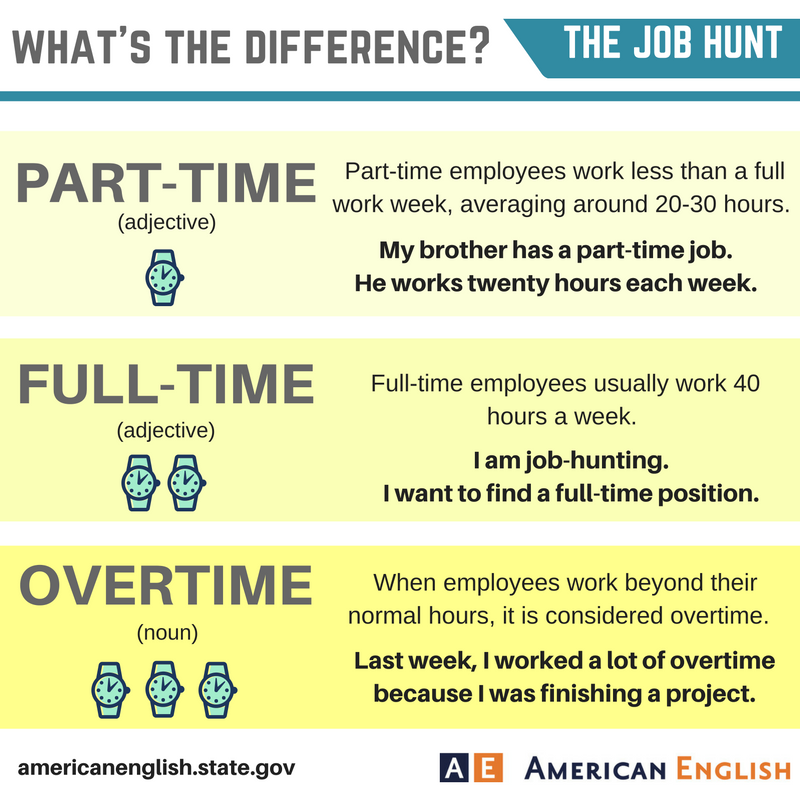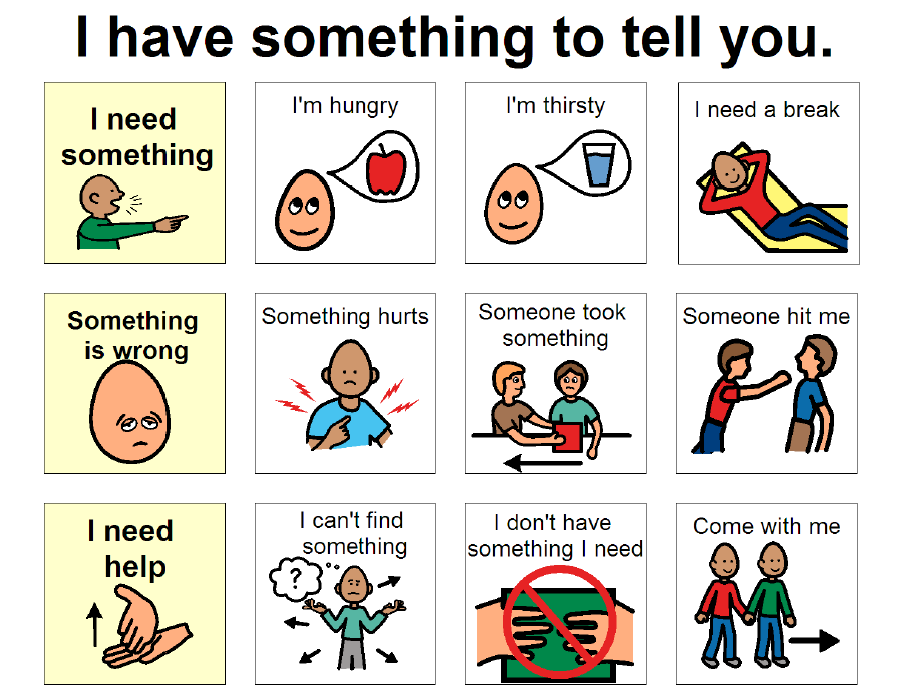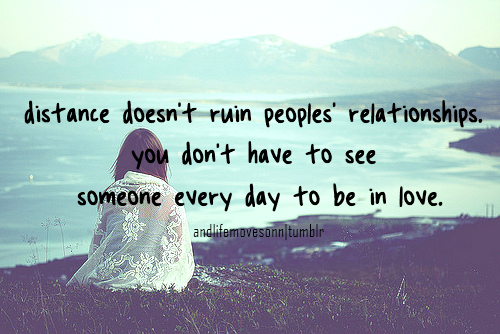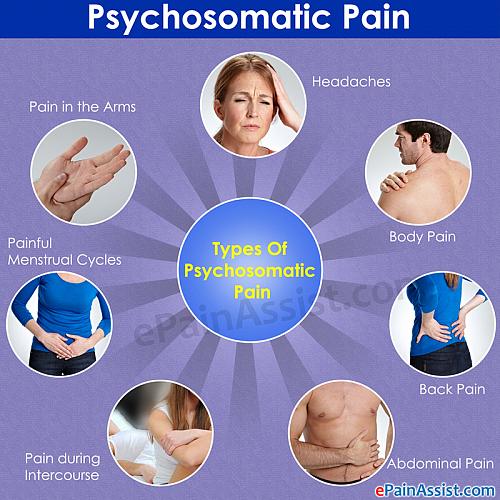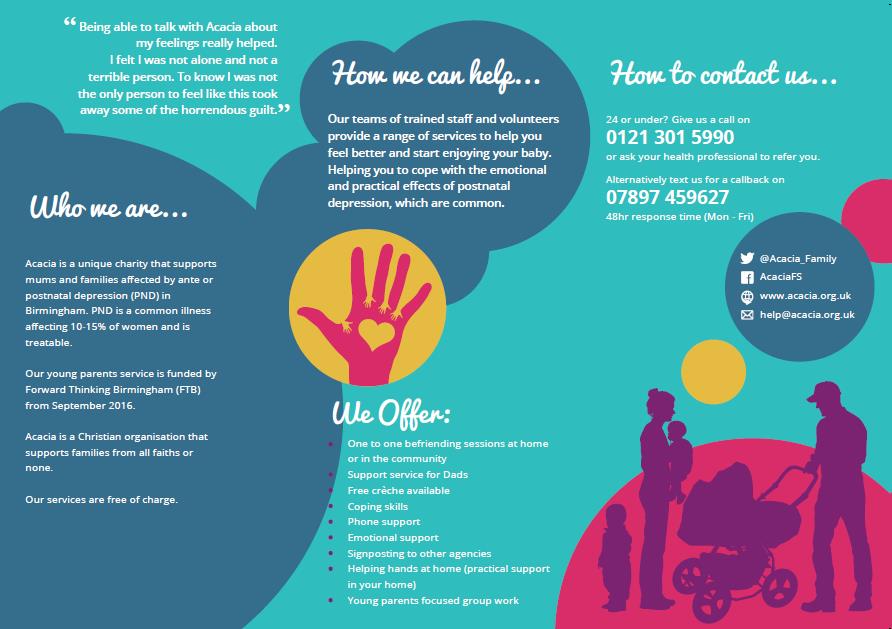Out of sorts feeling
Feeling out of sorts? 4 Reasons why it happens
What’s behind feeling lost and out of sorts? You know, that emotional state you’re in where you feel your life’s out of order.
Your friend gives you a call asking you to hang out, but you say you’re not in the mood. What does not being in a mood mean?
Your current emotional state is the sum total of the emotional effects of your recent life experiences.
Contrary to what many people think, low moods and irritability don’t visit you out of the blue.
There is always a reason behind each low emotion that you experience. By digging into the past, you can always figure out that reason.
I’m certain you’ve experienced that ‘out of sorts’ feeling several times in your life.
In this article, we explore what’s going on and the reasons behind experiencing such an emotional state…
When we feel out of sorts, it feels like something is tugging on our psyche. It feels like our mind is going in one direction but is being pulled by some other force in a different direction. Feelings don’t lie. This is exactly what’s happening.
When you’re feeling lost and out of sorts, your mind is simply trying to direct your attention to things that are more important than what you’re doing now.
Your mind is telling you there are important unfinished businesses and issues that you should be paying attention to than to what you’re currently doing.
As a result, you notice that you can never fully concentrate on what you’re doing. It’s because a part of your mind is pulling you in another direction.
It’s the same as when a parent is trying to work, but a child tugs at them repeatedly asking for candy. The parent finds it disturbing and can’t fully focus on the job at hand.
Below are the common reasons behind feeling lost and out of sorts:
1. Loss of control
We all want some degree of control over our lives. We all want our actions to be directed towards some worthy goal, and we all want to know where we’re going.
When unexpected events happen, we lose this sense of control resulting in making us feel out of sorts.
In this case, your mind is making you feel that way so you can restore your lost sense of control.
Let’s say you had an important task to do one morning. But as soon as you woke up, you heard that a relative passed away and so you had to visit their family urgently.
When you return, you’ll remember the unfinished task. This will give you a feeling of loss of control. Had there been no emergency and you did the task on time, you’d feel in control of your life. But that isn’t the case, and you feel that control has been taken away from you.
At this point, if you engage in any other activity except making up for the lost time, you will feel out of sorts.
You may feel out of sorts the whole day if you don’t make a plan for damage control and schedule your missed task on a later date.
Since procrastination almost always results in a feeling of loss of control, it often makes one feel lost and out of sorts.
2. Worry
Worry works in the same way, except that it involves some future event instead of a past event.
When something about the future bugs you, you can’t engage all your mental resources on the activity at hand unless you provide your mind with a potential solution.
Often, when people are worried, they’ll act absent-mindedly because their mind is pre-occupied with the thing they’re worried about.
They’ll say they’re feeling lost and out of sorts and want some alone time. It’s their mind’s way of ensuring that they reflect on their problem so that a possible solution can be worked out.
3. Stress
We live in the age of information overload. Our minds haven’t evolved to handle multiple tabs on a computer screen, several apps running on the phone, and grabbing some latest news on the TV simultaneously.
Continue such activities for some time and the cognitive overload will almost invariably lead to stress.
When that happens you’ll say you feel out of sorts, but it’s just your mind pulling you in the other direction, asking you to take a break from the stressful activities.
This feeling is common nowadays due to exponential advancement in technology over the last few decades.
4. Bad moodMany people equate feeling out of sorts to having a bad mood. The former is a general sense of not being able to engage your full mental resources on the current activity.
All bad moods may result in feeling out of sorts, but all ‘out of sorts’ feelings aren’t caused by bad moods.
Let’s say you catch up with a friend after finishing an exam you both appeared in. He tells you he messed up the paper. It was your usual practice to play basketball for an hour after exams, to relax your mind after 3 hours of the grueling exam session.
But on this particular day, your friend refuses to play. He says he’s feeling out of sorts. It’s not rocket science to guess that he’s in a bad mood because of the messed-up test, but you have to understand what’s going on in his mind.
He hasn’t yet ‘integrated’ the negative life event into his psyche and made peace with what happened. He wants more time to reflect on what happened and what possible actions he could take to avoid this in the future.
He wants more time to reflect on what happened and what possible actions he could take to avoid this in the future.
Most probably, he had prepared well for the test but still didn’t do well. That’s what causing the storm of confusion in his psyche. No way is he playing basketball with you.
Compare this to another friend who also messed up his test but knows that’s because he was ill-prepared. He’ll also feel bad for a while after the test, but he won’t feel out-of-sorts for prolonged periods of time.
It’s because he’ll have dealt with the bad mood by promising himself that he’d be better prepared in the future. No storm of confusion in his psyche and no reason to reflect and brood. Also, no reason not to play basketball.
Always give your mind quick, believable reassurances when something bad happens. This will short circuit the tendency to feel lost for prolonged periods.
Hanan Parvez( Author )
Hi, I’m Hanan Parvez (MBA, MA Psychology), founder and author of PsychMechanics. PsychMechanics has been featured in Forbes, Business Insider, Reader’s Digest, and Entrepreneur. Feel free to contact me if you have a query.
PsychMechanics has been featured in Forbes, Business Insider, Reader’s Digest, and Entrepreneur. Feel free to contact me if you have a query.
Overcoming That Out of Sorts Feeling | by Marc Smith | Stay Afloat
Have you ever had one of the days where you haven’t been able to get anything done, even though you have so many tasks that require your attention? You start something but give up within moments, perhaps because something else has caught your attention or you’ve convinced yourself that the task wasn’t worth doing in the first place.
Perhaps you’ve snapped at loved one, even though they had done little to warrant such behaviour.
We use many phrases to try and describe these often psychologically painful experiences that appear to have little causal explanation. If we’re particularly irritable for no discernible reason we might claim to have gotten out of the wrong side of the bed, an idiom that we can trace back to Roman times when getting out of bed on the left side was considered bad luck.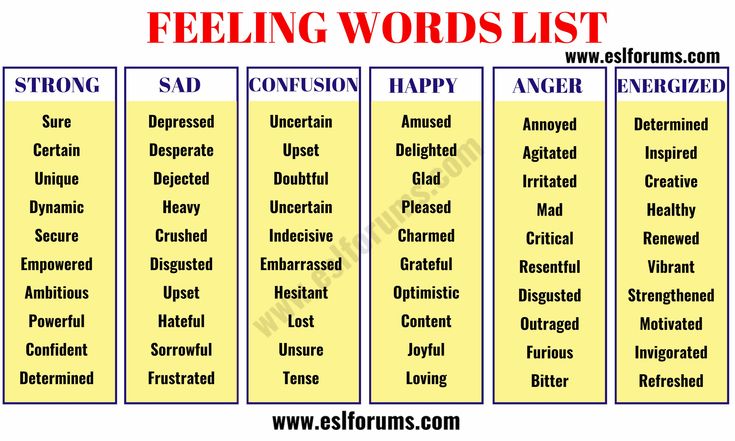
The phrase, feeling out of sorts, however, is less specific. It’s when we don’t feel quite like ourselves but we can’t really put our finger on why or how.
Moods and Emotions
These emotional states are what we call moods. They are the product of emotions but differ in a number of ways. First of all they tend to be less intense than emotions. Also, unlike emotions, their cause is often unknown. There is a tendency for us to know why we feel happy or sad (although this isn’t always the case), but moods aren’t like that — we can rarely trace their origin to some specific thing.
Moods are measured by what psychologists call valence, that is, our subjective experience on a scale from positive to negative. A bad mood, therefore, has negative valence while a good mood has positive valence.
Personality traits can also predispose us to certain moods. For example, people high in the trait neuroticism are more likely to suffer from negative moods than those who score low on this particular trait.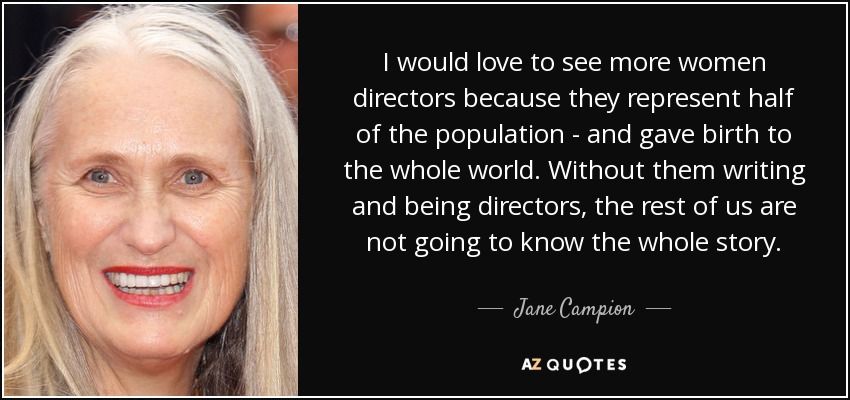
Moods are usually fleeting (we snap out of them, so to speak) but if negative moods last longer or we experience them regularly, this could indicate a more serious underlying problem requiring professional intervention.
Many emotional states can have an almost tangible pain attached to them and these are often amplified when we are in a negative mood. Furthermore, emotions such as boredom can, ironically, increase levels of procrastination. In such circumstances we develop a kind of emotional dissonance, a discrepancy between our felt and expressed emotions which in turn impacts our behaviour — being bored, yet at the same time not really wanting to do anything to relieve the psychological pain of actually feeling bored.
In other words, we simply can’t be arsed.
So this being out of sorts can manifest itself in many complex ways and most of the time it will fade as mysteriously as it appeared.
But is there anything that can be done to accelerate it’s passing?
Mood Repair Strategies
Psychologists interested in such things (and that includes me) use the somewhat technical term mood repair strategies to label those things we can actively engage in that can help to shift negative moods.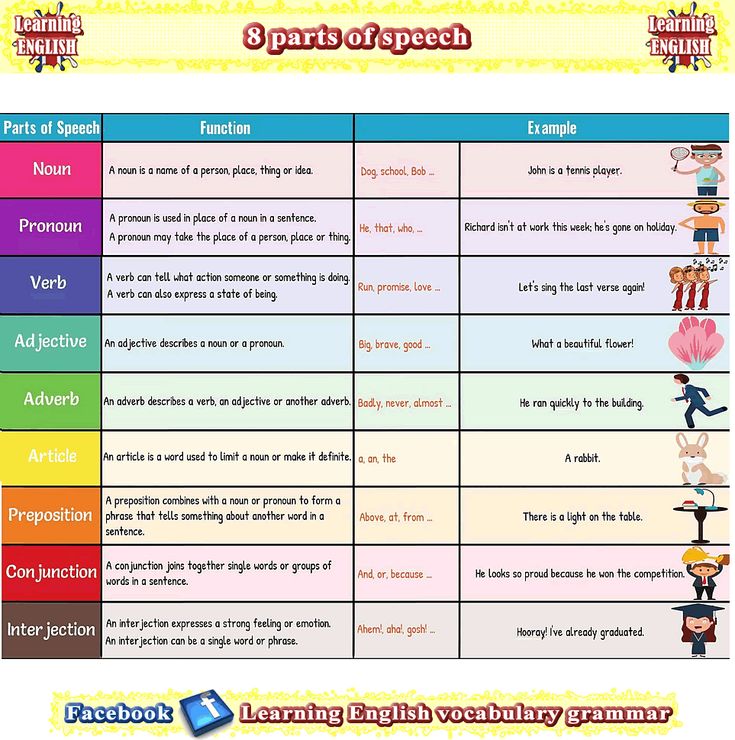 Drawn from cognitive, behavioural and social psychology, these strategies represent some of the techniques that accompany certain psychotherapies such as cognitive behavioural therapy.
Drawn from cognitive, behavioural and social psychology, these strategies represent some of the techniques that accompany certain psychotherapies such as cognitive behavioural therapy.
Mood repair strategies can include:
Activating positive memories
Our memories are time machines, with the capability to transport us to anywhere in our past. Simply thinking about a more positive past experiences can help to raise our mood.
Anticipating positive outcomes
Just as we can use our inbuilt time machine to travel to the past, we can also use it to catapult ourselves into the future. So-called future-orientated cognition allows us to imagine the positive results of doing what we need to do in the present, or how tomorrow might look if we shift our mood now.
Music
Listening to music can help to regulate emotions. However, the way in which we use it and the type of music we listen to is important.
Social Support
Having good social support networks are vital to general wellbeing. Other people often lift us out of that bad mood, especially if they are supportive to our needs.
Relaxation
Often, the emotions that build up when we are in a negative mood are ones like worry and anxiety. Relaxation techniques, breathing and mindfulness can all help to alleviate all or some of these emotions.
Journaling
I’m a big fan of journaling. that is, regularly writing down our experiences and feelings in a journal or notebook. I’ve detailed how to get the best out of journaling in a previous article.
Not all of these techniques will work for everyone and there is an element of trial and error involved. But you can try some of them out next time you’re feeling a little out of sorts.
The toxic positivity trap: what it is and how to get out of it
- Lucia Blasco
- BBC News Mundo
Image copyright, Getty Images
Image caption,Do you hide "negative" emotions?
Do you ever feel like you have to hide your negative emotions? As if you are forced around the clock and at any cost to maintain the image of a "happy person"? nine0020
It may sound counterintuitive, but being positive can be toxic.
"Everything of value in life is achieved through overcoming the accompanying negative experience," says American writer and personal development consultant Mark Manson.
- Optimism 2020: stories that helped us not to lose heart in the year of the pandemic
- “No strength to live”: the pandemic has dramatically increased the demand for psychological help in Russia
- When home is a prison, and the coronavirus does not make sense. How do people with mental disorders cope with isolation?0004
"Any attempt to avoid negativity, suppress it or stifle it, results in a backlash. Avoiding suffering is a form of suffering. Denying failure is failure," he continues.
But toxic positivity requires you to do just that - force yourself to pretend to be an optimist and drown out negative emotions, no matter how false your optimism may be.
Psychologist Antonio Rodellar, a specialist in anxiety disorders and clinical hypnosis, says that negative emotions (the psychologist prefers to call them "unregulated") need to be acknowledged. nine0011
nine0011
"The palette of emotions includes unregulated feelings such as sadness, disappointment, anger, worry or envy," he recalls.
"We can't ignore the fact that as humans we have a whole range of these emotions that are useful and give us information about what's going on around us and in our bodies. We can't ignore them," adds Rodellar.
British therapist, psychologist and author Sally Baker agrees: "The problem with toxic positivity is that it requires us to shut down some of the wide range of emotions we may experience in a difficult situation." nine0011
Image copyright, Getty Images
Image caption,Accepting our emotions makes us stronger, says Sally Baker
"If you allow yourself to experience only positive emotions, you're lying to yourself," she says.
"When you're in a difficult situation, suppressing all the 'negative' feelings that come up will exhaust you. And worse, you won't be able to build up resilience to them," says Baker.
"It isolates us from ourselves, from our true emotions. We hide behind positivity so that people don't see us in a bad light," she sums up. nine0011
Positive - ordinary and toxic
To understand what toxic positivity is, we must distinguish it from positive thinking. It sounds similar, but they are completely different things.
"Positive thinking was popularized by psychologist Martin Seligman, who studied depression. He found a new approach to a number of problems, situations and pathologies," says Rodellar.
In the 1990s, Seligman, then president of the American Psychological Association, told a conference that psychology should take a new step in the scientific study of everything that makes people happy. nine0011
- "The virus gets into your head." How depression and other problems catch up with those who have recovered from covid
- How to survive the covid winter and not succumb to despondency: five simple tips
- The tyranny of time.
 How to turn off the ticking clock in my head?
How to turn off the ticking clock in my head?
In his famous 1995 book The Optimistic Child, an American psychologist explained that people are not born pessimists, but become pessimists because of their life experiences. He argues that we can combat this pessimism and transform our negative thoughts into more positive ones. nine0011
Excellent! So if I'm sad, all I have to do is focus on being happy, right? Not certainly in that way. This would be the short cut into the toxic positivity trap.
Negative emotions cannot be ignored - you must first recognize and accept them.
The trick is to moderate your positivism and avoid extremes.
Image copyright, Getty Images
Image caption,You won't always feel good, and that's okay
"Positive psychology has become distorted over time," says Rodellar. decrease in the ability to withstand negative situations, "says the psychologist.
"Properly applied positive thinking is very useful, but it inevitably creates a fragmented perception of reality and a sense of helplessness. Denying harmful and painful situations is like looking at the world with one eye," says Rodellar. nine0011
How to know that you are trapped in toxic positivity
- You are hiding or masking your true feelings.
- You are trying to "not dwell" on the problem by ignoring your emotions.
- You feel guilty about how you feel.
- You try to minimize the negative experience of others by saying things that make you feel good.
- You try to rationalize the situation ("it could have been worse") instead of acknowledging your emotional experience. nine0004
- You shame or point the finger at others if they express disappointment or other "negative" feelings.

- You ignore what's bothering you ("as it is, as it is").
Source and : Tamara Quintero (Trauma, Hypnotherapy and Personal Growth Specialist) , Jamie Long (Relationships, Eating Disorders and Anxiety Specialist 2) 1
How does this affect us? nine0058
Skip the Podcast and continue reading.
Podcast
What was that?
We quickly, simply and clearly explain what happened, why it's important and what's next.
episodes
End of Story Podcast
Suppressing or ignoring "negative" emotions can be bad for your health.
"All the emotions we repress are somatized [psychological stress manifests as physical symptoms] and manifest through the body, often as a disease.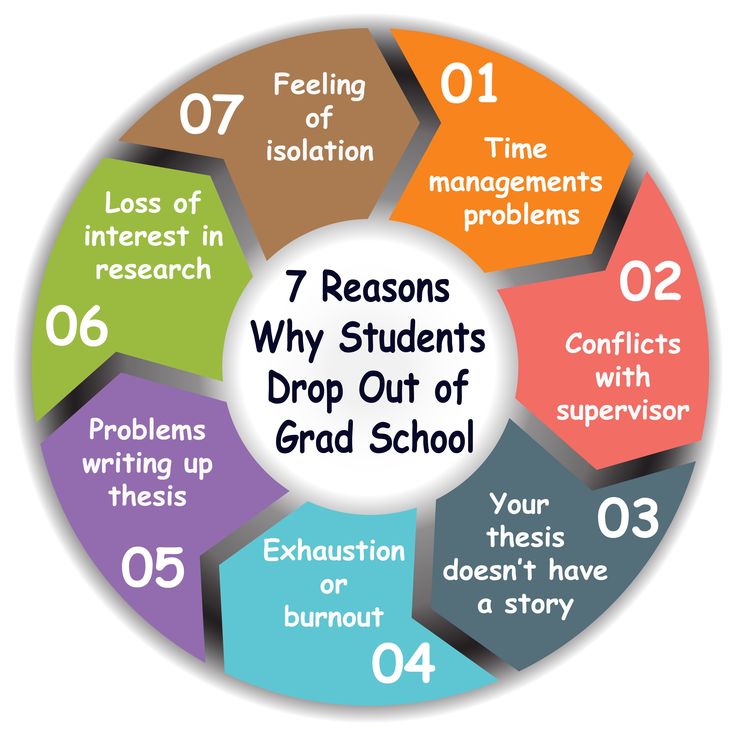 When we deny an emotion, it finds another way out," says Rodellar. nine0011
When we deny an emotion, it finds another way out," says Rodellar. nine0011
Baker agrees: "Suppression of emotions affects your health. If you hide your problems behind a façade of toxic positivity, they will show up in your body in alternative ways, from skin problems to irritable bowel syndrome."
"When we ignore our negative emotions, our body tries to draw attention to the problem. Suppression of emotions exhausts us physically and psychologically. It's unhealthy and doesn't work in the long run," says the therapist. nine0011
Another consequence, says Rodellar, is that "when we focus only on positive emotions, we get more naive, infantile versions of situations that happen to us in life, and we become more vulnerable in difficult moments."
Image copyright, Getty Images
Image caption,Are you honest with yourself?
Psychopedagogy and neuropsychology expert Teresa Gutierrez believes that toxic positivity "has more serious psychological and psychiatric consequences than depression. " nine0011
" nine0011
"The world of emotions is devirtualizing, and this can lead to the fact that a person does not live a real life - this affects our mental health. This amount of positive is harmful for everyone. If there are no disappointments and failures, we will not learn to develop in our lives", she says.
If you're not okay, it's okay
Is toxic positivity in fashion? Baker believes so, and attributes this to the proliferation of social media "which forces us to compare our lives with other ideal lives that we see on the Internet." nine0011
"There's a constant trend on social media to show the most perfect version of yourself, it's exhausting and not real," says Baker.
"If we were more honest, we would feel free to experience any emotion. We are human beings, we should allow ourselves to experience the full range of emotions. It's okay if you're not okay. We can't be positive all the time." she supposes.
Gutierrez believes that "in recent years" toxic positivity has become more common, especially during a pandemic. nine0011
"We are living in atypical and strange times, many people are suffering. Anxiety, uncertainty, frustration, fear... All these are normal feelings. But we are too addicted to toxic positivity, and this is dangerous," she says.
Image copyright, Getty Images
Image caption,"Everything will be fine" is a nice thought, but not very valuable advice
Rodellar says that "people are trying to find a shortcut to mental health, to feel better immediately, as if it is a right given to them by nature." nine0011
"It's nice to think that everything will be fine. But this does not mean that the process of achieving a goal should be pleasantly easy. It's more realistic to say to yourself "this will pass" when you have a difficult period in your life," says the psychologist.
"Emotions are like waves: they accelerate, gaining strength, and slow down, becoming foam and disappearing.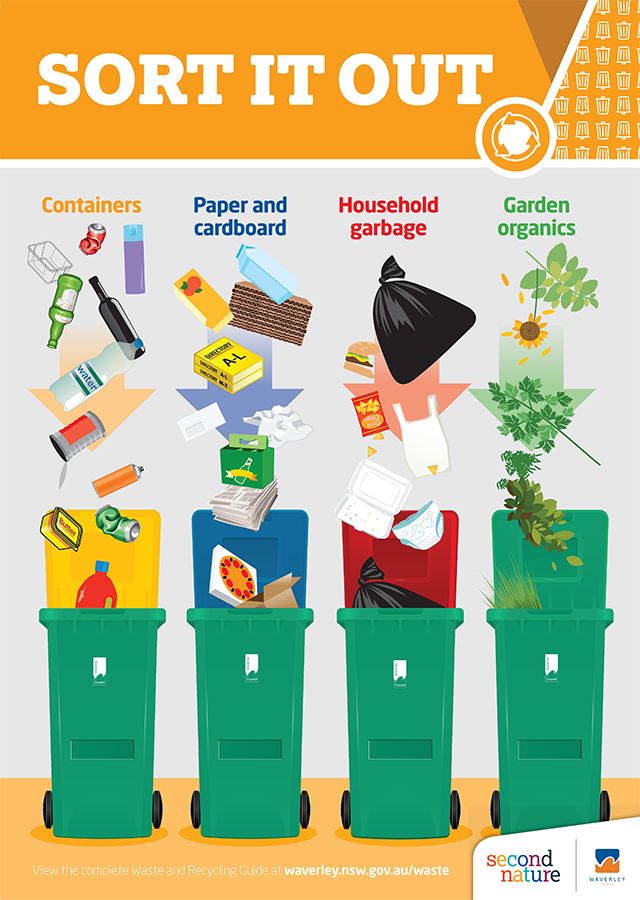 Problems begin when we do not want to feel what we feel, then we lose resistance to the next wave," Rodellar explains.
Problems begin when we do not want to feel what we feel, then we lose resistance to the next wave," Rodellar explains.
Recognize and not ignore
Psychologists consulted by the BBC agree that the ideal is to embrace all emotions without suppressing the ones we don't like.
Image copyright, Getty Images
Image caption,We always "should" feel good, but it's unhealthy pressure moment, even if we are uncomfortable.
"Be more honest with yourself, don't be afraid to say that you're sad, that you're depressed, that you're worried. It's important to acknowledge when you're feeling down and understand that it's happening and will continue to happen," says Baker. "Just get on with it." your emotions and learn from them to become more resilient" (this advice will not work for those suffering from clinical depression, clinical depression can worsen without treatment). nine0011
University of Michigan psychology professor Stephanie Preston says the best way to test your emotions is "just to listen to them.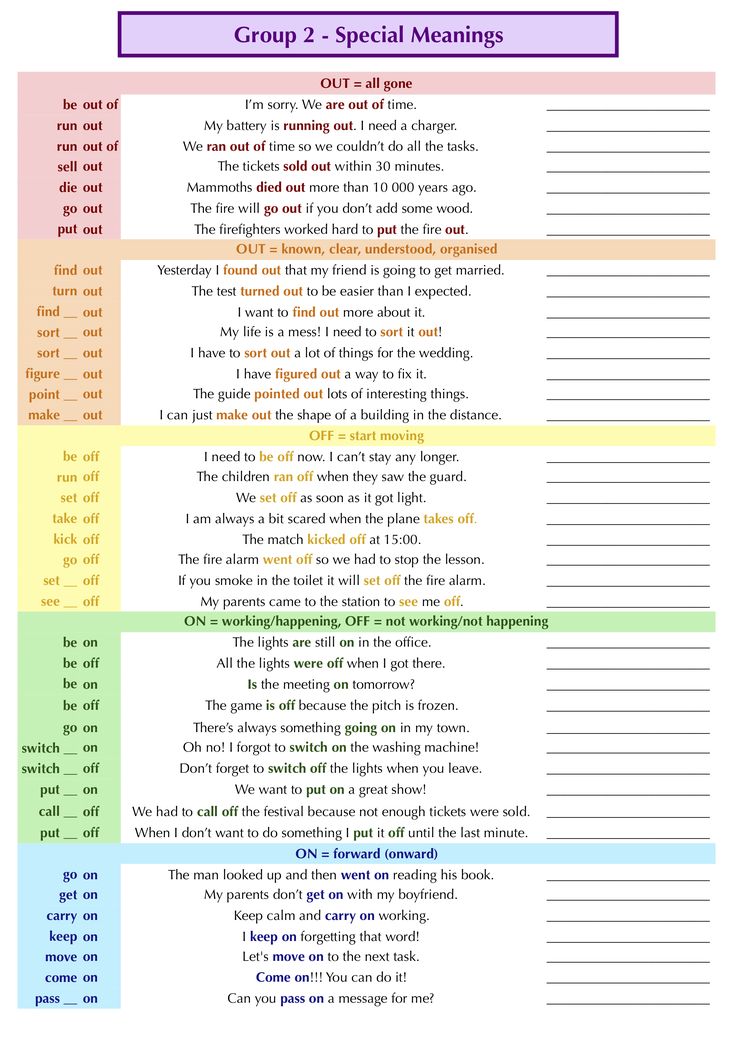 "
"
"When someone shares negative feelings with you, don't rush to encourage them or try to get them to think positively by telling them that 'everything will be fine.' Instead, try to think about what is bothering or scaring them. Try to listen," - advises the expert.
"To be emotionally disturbed is already isolation, and when people try to drown out these feelings, especially if they are your family and friends, it hurts a lot. Listening to someone who is hurting can lead to big changes in their lives " says Preston. nine0011
You may find it useful too. There is evidence that being altruistic is good for your health, Preston notes.
Image copyright, Getty Images
Image caption,Listening to a friend is more important than trying to encourage them
What if you feel down?
"The most important thing is to practice mindfulness," says Rodellar.
"Acknowledge the situation and your feelings. Don't deny that something is wrong, don't look the other way, and at the same time don't dwell on negative emotions," adds the psychologist. nine0011
Don't deny that something is wrong, don't look the other way, and at the same time don't dwell on negative emotions," adds the psychologist. nine0011
"Emotions are information that we need to read and understand in order to take a better look at the situation and see what lessons can be learned from it, what can be changed in the future," says Rodellar.
How to put this advice into practice? Here are typical phrases characteristic of the toxic positivity paradigm and alternatives to them.
Toxic positive
- "Don't think like that, be more positive!"
- "Don't worry, be happy"
- "Defeat is not our option!" nine0004
- "Only positive things here!"
- "Could be worse!"
Emotion validation
- "Tell me how you feel, I'm listening"
- "I can see that you're not well.
 How can I help?"
How can I help?" - "Failure is part of success"
- "I'm here, you can rely on me"
- "I'm sorry you're going through this"
Source: The Psychology Group for your happiness, achieving it with the help of constructive psychology," calls Rodellar. nine0011
"It's okay to think that the glass is half full, but we need to accept situations when it's half empty, and from that point on, take responsibility for how we build our lives," he adds.
"All our emotions are real and real, and they all have value," Baker agrees.
10 signs that you have met a soul mate
703 536
Man among people Man and woman
It is not even necessarily about romantic relationships, sometimes we find a soul mate in a friend, relative, mentor. And relationships with this person are not always cloudless. “He does not always turn out to be the embodied ideal in terms of appearance or life circumstances - and difficulties are possible in relationships. But these difficulties will only further strengthen the bond, help you get through difficult periods in life together and be yourself, ”says the founder of The Lodge Dating Club, Kaylen Rosenberg. nine0011
But these difficulties will only further strengthen the bond, help you get through difficult periods in life together and be yourself, ”says the founder of The Lodge Dating Club, Kaylen Rosenberg. nine0011
But how can we understand that a person is special for us? Here is what those who happened to find a soul mate say.
1. From the very beginning of the relationship, his presence gave a feeling of calm and comfort
“Randy and I met on the Internet, and at the first meeting I did not feel alarm or anxiety. I felt, as the song says, that “my soul feels good”: something in him immediately seemed close and familiar, his presence gave me a feeling of peace and tranquility. He was handsome and couldn’t take his eyes off me, but instead of “butterflies in my stomach”, I felt something else, as if my soul saw in him its missing part. Time seemed to stop - I heard only the beating of my own heart and saw nothing and no one except Randy. Christina, 36 years old
2.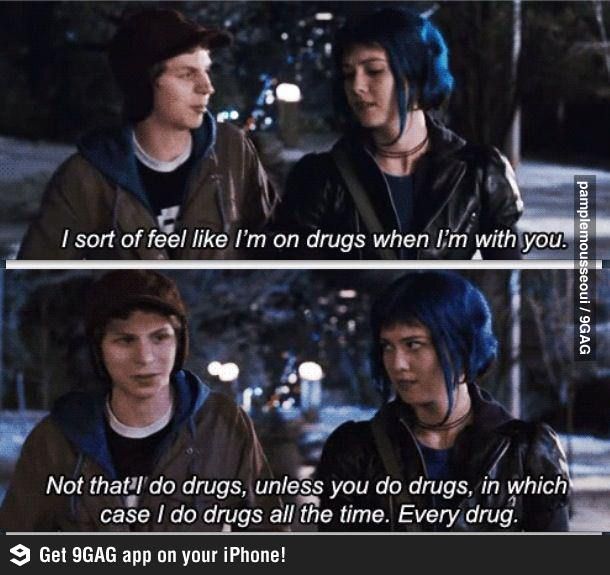 You may be very different, but at the same time you balance each other
You may be very different, but at the same time you balance each other
“I realized that my wife is my “other half” when I realized that differences balanced us, and similarities helped us grow and develop. This is some unreal feeling, a surge of adrenaline: “How perfect you are for me!” Victor, 42 years old
3. You have an almost tangible feeling that you have found your soulmate
they are happily ever after,” which we are usually told. My friends and I went to rest on the Hawaiian island of Maui. I was sitting in a bar, a man came up to me and asked if I would like to go with him to the wedding tomorrow. His best friend was about to get married and he needed a companion. It was as if I heard the voice of my psychotherapist urging me not to be afraid to take risks and live to the fullest, and therefore I agreed. When I woke up the next morning, I regretted my decision, but when he called and left a message on the answering machine to ask for my last name and ask what I prefer - chicken, beef or fish - I realized that this was fate. And I decided to go. nine0011
And I decided to go. nine0011
We immediately liked each other, he kissed me, but then everything is clear - for the next 10 years we were together, then parted. It seemed to me that I had known him all my life, and when he kissed me, this feeling became even stronger. Intuitively, I understood that he was “the one”, my “soulmate”. I well remember one strange incident during our first meeting - he went out for a short time (to the toilet or somewhere else) and I thought: “I can’t remember what he looks like, I hope I recognize him when he returns.” It was as if I was interested and attracted not by his body, but by his soul, or some kind of energy. Our relationship lasted more than 10 years, and he is still with me every day - in my soul and heart. The connection between kindred spirits is never broken.” Maria, 46 years old
4. Your life principles and values fit together
“I realized that he was “the one” because our moral values and lifestyle matched perfectly. We fell head over heels in love with each other. Two weeks after we started dating, I realized that I want to live with him all my life. We spent almost all the time together, and with him I felt indescribable. As they say, "you will understand when you feel it." As if I took some kind of drug, from which I was in seventh heaven. I called a friend to tell her that I had found a “half”, and it seemed to her that I was drunk (I practically don’t drink) - there was so much joy in my voice. Katerina, 27 years old
We fell head over heels in love with each other. Two weeks after we started dating, I realized that I want to live with him all my life. We spent almost all the time together, and with him I felt indescribable. As they say, "you will understand when you feel it." As if I took some kind of drug, from which I was in seventh heaven. I called a friend to tell her that I had found a “half”, and it seemed to her that I was drunk (I practically don’t drink) - there was so much joy in my voice. Katerina, 27 years old
5. You have seen this person during difficult periods of his life, and you still love him
“I met my best friend and soul mate when I was studying at a profession I hated. My whole life plan collapsed. We rented an apartment together with a shared kitchen. At the time, I didn't even know what was going on. Only when I decided to return home and start all over again, I realized what a close person she had become for me. She did not turn away from me during the black period in my life.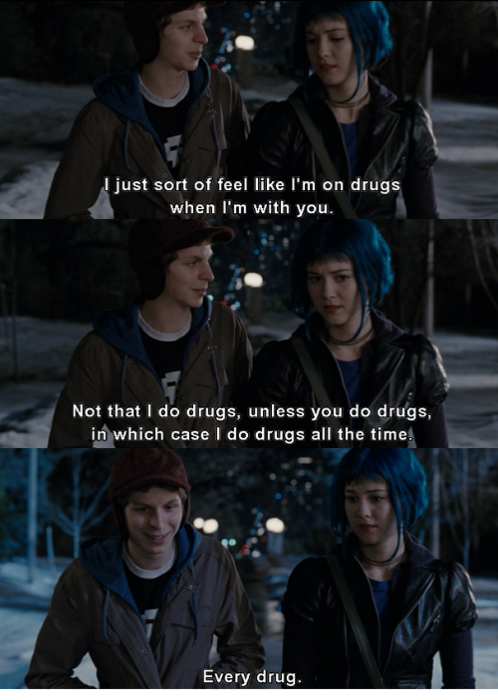 Three years have passed, and she is still close to me, almost like a sister. Together we go towards any trials and adventures, always supporting each other. Anna, 33 years old
Three years have passed, and she is still close to me, almost like a sister. Together we go towards any trials and adventures, always supporting each other. Anna, 33 years old
6. You care so much about each other that you feel his pain as your own
“I realized that I had found a kindred spirit when I began to feel his pain as my own. We went to college together, and between classes he talked about a relative who was seriously ill. I saw how hard it was for him, and when we parted, I sat in the toilet, locked myself in a booth, sobbed and prayed that everything would be fine and that he would not suffer anymore. When I realized that I was worried about members of his family, whom I had never even seen, no less than for my relatives, I realized how strong my feelings for him are.” Liza, 24 years old
7. Touch creates an electric shock
“When you meet your “soulmate” and fall in love, it is an all-consuming, unique feeling that awakens the soul, causing trembling in the knees. Suddenly, you intuitively understand that this person is like an extension of you, and you experience an insane attraction. When you hold hands, it's like a spark jumps between you. You are perfect for each other. No matter how much time you spend together, any separation is still painful. Margarita, 34 years old
Suddenly, you intuitively understand that this person is like an extension of you, and you experience an insane attraction. When you hold hands, it's like a spark jumps between you. You are perfect for each other. No matter how much time you spend together, any separation is still painful. Margarita, 34 years old
8. There are difficult periods in your relationships, but they only help you develop
“Our “halves” are like a mirror that shows all our shortcomings. Sometimes it hurts a lot to see. Many want to run away, so such relationships are often unstable. You break up, make up, break up again. But even during separation, it seems as if you are together, because energetically you are really together. That connection brings you back together until the pain forces you to run away again. And the cycle repeats. Sometimes many times - as it was with me. Mikhail, 48 years old
9. With this person you can relax and be yourself
“A soul mate is your best friend, teammate, in front of whom you are not ashamed to show all your oddities and eccentricities that you usually hide from strangers.
